
Some parents don’t realize the impact of their everyday behavior until the damage is done. What feels like guidance or care to them can come across as control or criticism to their children. Over time, even small habits can create emotional distance. It’s not always loud or obvious. Sometimes, it’s the quiet deterioration of trust that pushes kids away, until one day, they stop sharing, calling, or coming home.
Only showing up to criticize.

If most interactions are centered around correction, like grades, choices, appearance, it slowly teaches the child they’re only noticed when something’s wrong. Eventually, they stop seeking feedback, not because they don’t care, but because they’re tired of feeling like a disappointment. Criticism without balance pushes them to seek approval elsewhere, often from people who see them for more than just their flaws.
Turning every conversation into a lecture.

It’s one thing to offer guidance—it’s another to turn every moment into a moral lesson. When a child opens up and hears a lecture instead of empathy, it tells them that sharing isn’t safe. Over time, they learn to keep things to themselves. They stop bringing problems to their parents, not because they’ve got it all figured out, but because they’re tired of being talked at, not talked to.
Making love feel conditional.
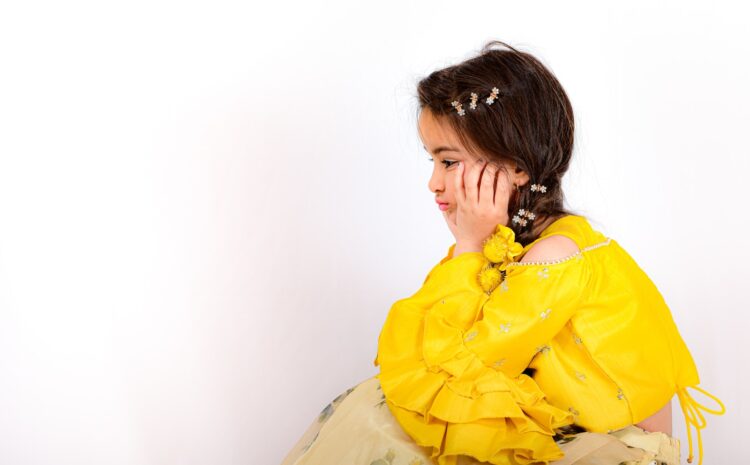
When love is only expressed after achievements, it creates a damaging pattern. The child starts to believe their worth is tied to performance. That kind of affection feels like a reward, not a constant. It breeds anxiety, perfectionism, and a quiet resentment. Eventually, they drift toward relationships where they feel unconditionally accepted, because home didn’t feel that way.
Comparing them to other kids.

“You should be more like your cousin” sounds harmless, but it leaves a scar. Repeated comparisons make children feel like they’re never quite enough. It erodes their self-esteem and replaces pride with pressure. They may never say it aloud, but every time they’re stacked against someone else, it chips away at their sense of identity. Over time, they pull away to protect what little self-worth they’ve got left.
Dismissing their emotions.

When kids hear “stop crying” or “it’s not a big deal” too often, they start to doubt their own feelings. Emotional invalidation doesn’t toughen them—it isolates them. They begin to hide how they really feel just to avoid being brushed off. That distance grows quietly until they no longer feel comfortable being vulnerable around their own parents. The connection thins, one unspoken hurt at a time.
Not respecting boundaries.
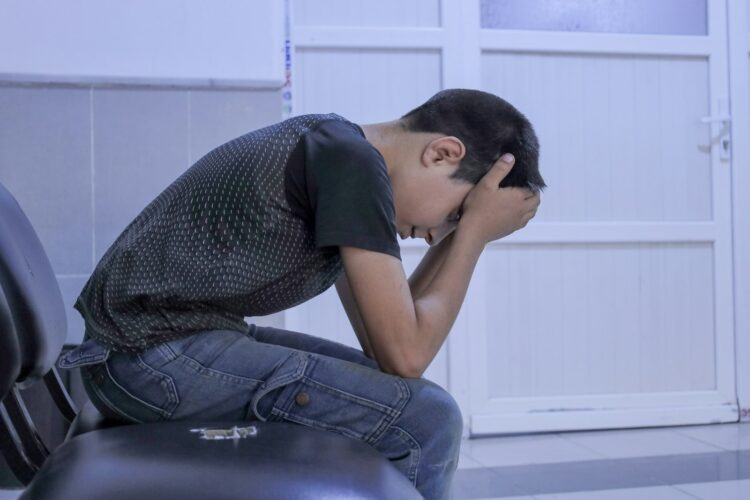
Showing up unannounced, reading their messages, or ignoring their “no” might seem minor, but it sends a clear signal: your space doesn’t belong to you. Children, especially teens and young adults, need a sense of autonomy. When parents repeatedly overstep, it breeds distrust. Kids don’t just pull away physically—they start building emotional walls too, protecting the parts of themselves they feel aren’t safe to share.
Trying to control every decision.

Micromanaging clothes, friends, hobbies, or career choices might come from love—but it feels like suffocation. Children need room to make mistakes and learn on their own. When every choice is questioned or overridden, they grow tired of fighting for their independence. Eventually, the path of least resistance becomes silence, secrecy, or distance. They start making decisions without sharing them at all.
Acting like the victim when called out.
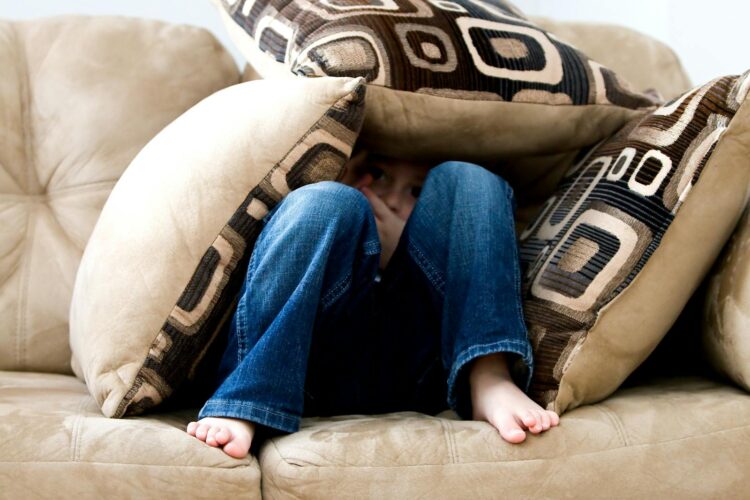
When a child expresses hurt and the parent flips it—“after all I’ve done for you”—it shuts the door on honest conversation. That guilt trips don’t lead to closeness. They lead to emotional exhaustion. The child starts bottling up their pain because expressing it only brings more hurt. Over time, they learn it’s easier to withhold than confront. And that distance becomes the norm.
Mocking or teasing serious feelings.
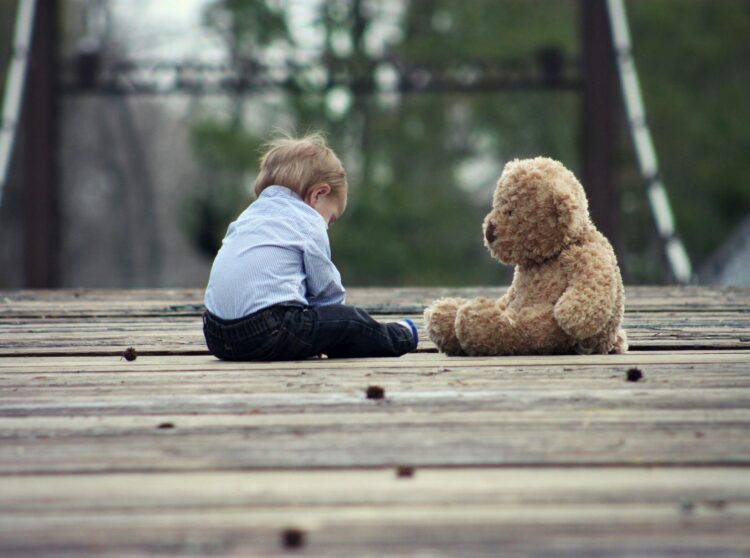
What starts as a “joke” can land like a blow. When a child’s insecurity or interest becomes the punchline, they stop letting you in. Humor at their expense doesn’t build resilience—it builds walls. Whether it’s body image, crushes, or fears, turning serious feelings into entertainment tells them they can’t be taken seriously. So they stop showing that side altogether—and the relationship loses real depth.
Never apologizing.
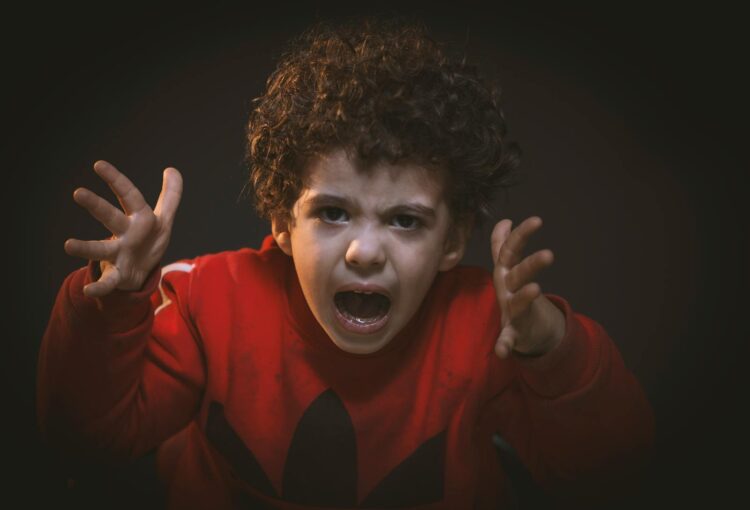
Parents who refuse to admit when they’re wrong teach their children that pride matters more than people. It creates an uneven dynamic where the parent is always right, and the child must accept the outcome, even when it hurts. Over time, this imbalance turns into resentment. Kids start confiding elsewhere, building relationships where apologies aren’t a rare event but a natural part of connection.
Treating independence like rebellion.

When a child starts forming opinions, asserting boundaries, or wanting space—and it’s seen as disrespect—they’re left feeling misunderstood. Independence is not rejection, but if it’s punished like it is, they’ll distance themselves out of self-preservation. They’ll also stop growing near you. The more their autonomy is challenged, the more they learn to hide who they’re becoming.
Making everything about them.
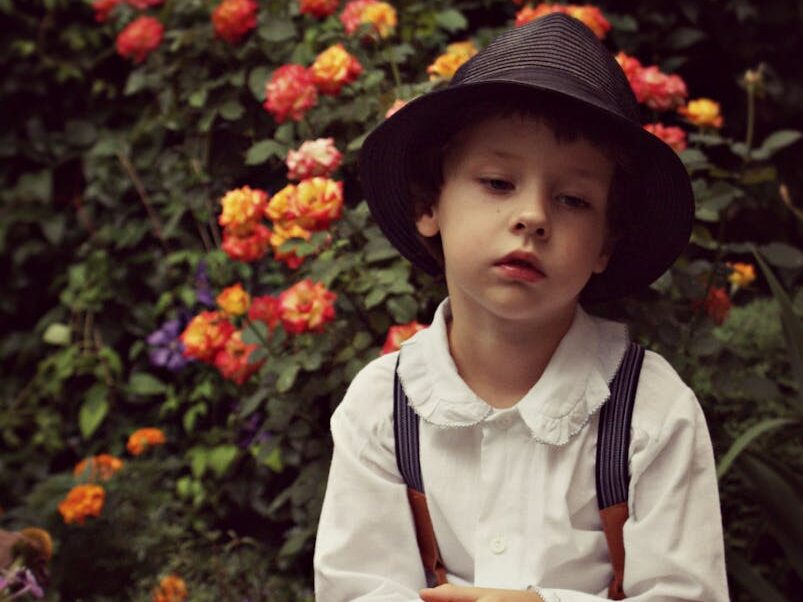
Children who grow up with parents who center every conversation, conflict, or success around themselves end up emotionally overlooked. Whether it’s overshadowing their wins or redirecting attention during hard moments, it sends a message: your feelings come second. Over time, the child stops sharing altogether. They may still call, visit, or smile—but the emotional core of the relationship starts to hollow out.
Refusing to see them as adults.
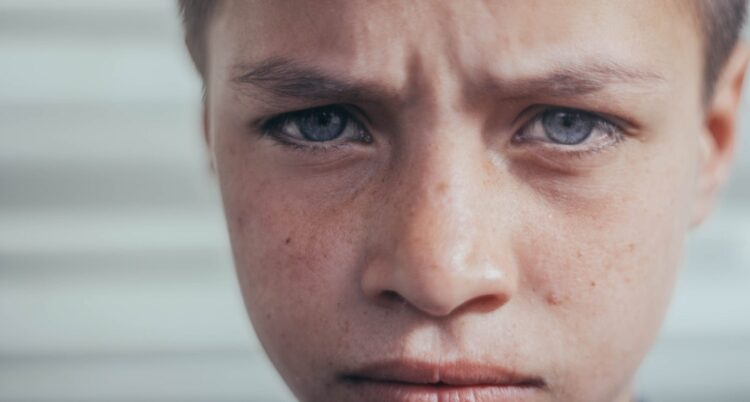
It’s hard for some parents to shift from authority to ally. But treating a grown child like they’re still fifteen doesn’t create closeness—it drives disconnection. Adults don’t want to be managed. They want to be respected. If their choices are always questioned, and their lives micromanaged under the guise of “care,” they’ll start pulling away, not out of spite, but out of necessity.
Using silent treatment as punishment.
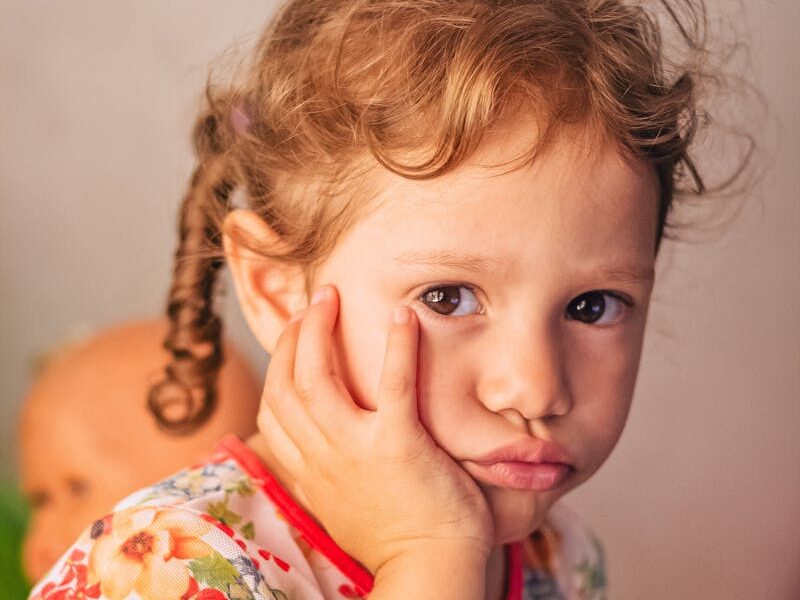
Ignoring your child after an argument may seem like a cooling-off strategy, but to them, it feels like abandonment. Silence is emotional withdrawal. It teaches them to fear disconnection more than disagreement. And eventually, they respond by shutting down in return. They learn to match the distance you set, not as revenge, but because it’s safer than reaching out and being met with silence.
Not listening without interrupting or correcting.

Sometimes, kids just want to talk without being fixed. If every sentence is met with correction or unsolicited advice, they’ll stop mid-story, change the subject, or go quiet altogether. Listening is more than hearing—it’s holding space without trying to mold the moment into something else. When that space doesn’t exist, children seek it elsewhere—and often, outside the home.

